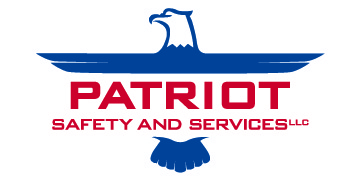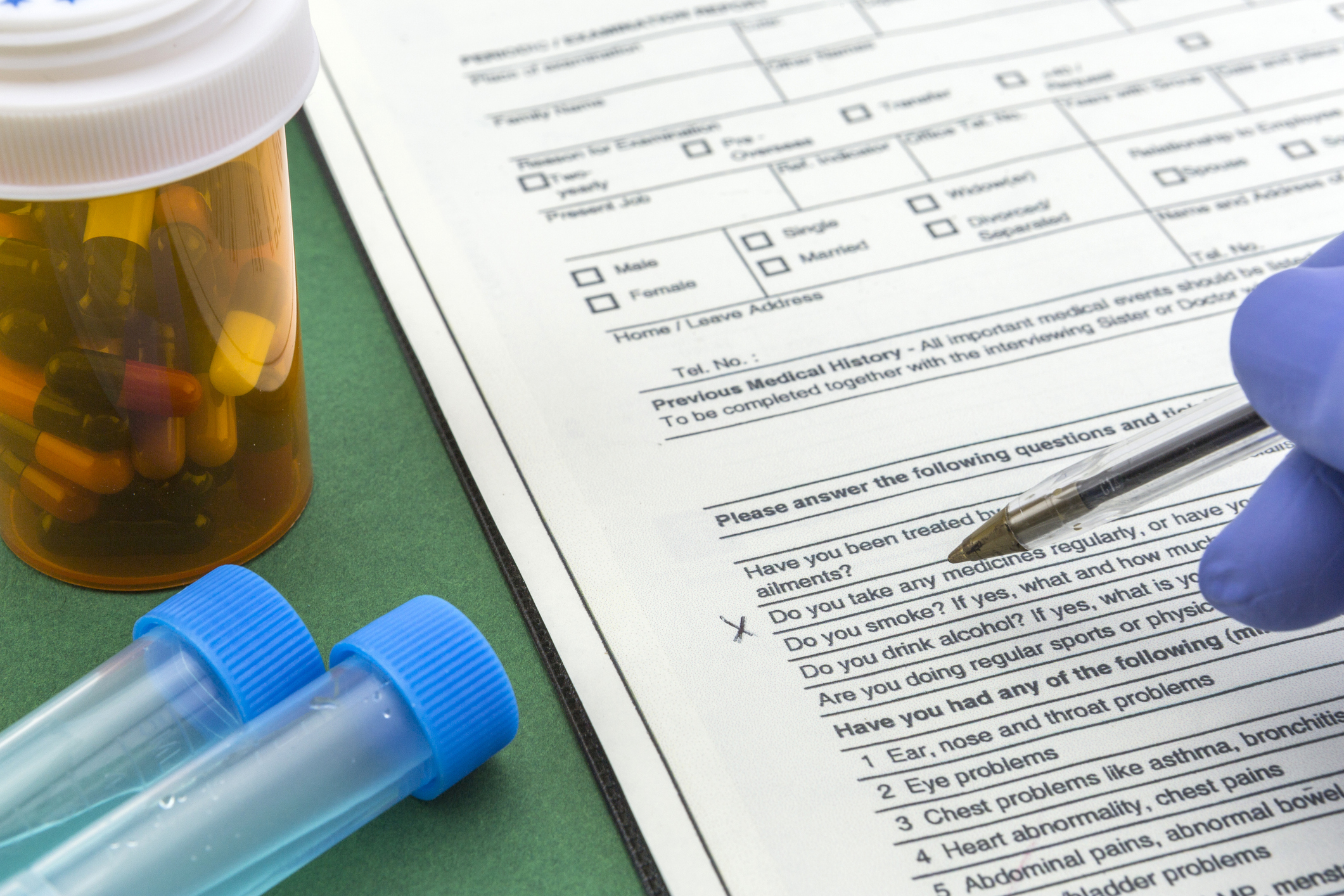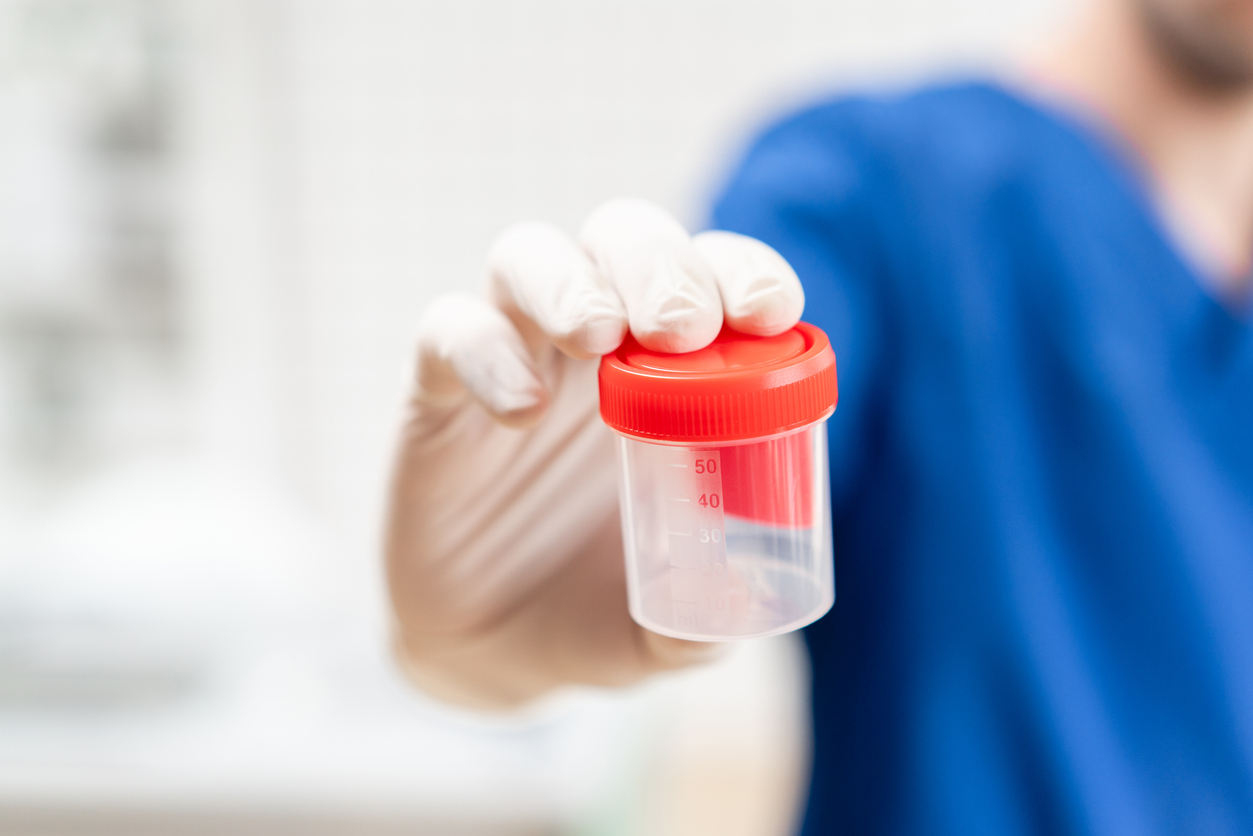Understanding the Purpose of DOT Drug Testing
Employers regulated by the Department of Transportation (DOT) must uphold rigorous safety, compliance, and consistency standards. At the core of these requirements is a comprehensive DOT drug testing program. Far beyond mere regulation, DOT testing serves as a critical risk management tool—protecting employees in safety-sensitive roles (commercial drivers, pilots, mechanics, railroad operators, pipeline workers) and safeguarding public welfare. DOT’s 49 CFR Part 40 details every step from specimen collection to result review, ensuring legally defensible outcomes. (DOT CFR 49)
Why DOT Drug Testing Is Non-Negotiable
Substance impairment in safety-sensitive positions dramatically raises the chance of accidents, injuries, and fatalities. Federal regulations don’t simply recommend testing—they mandate it. Failure to administer pre-employment, random, post-accident, or reasonable suspicion tests per 49 CFR Part 40 can lead to audits, hefty fines, or the loss of operating authority.
When DOT Drug Testing Is Required
A compliant DOT program covers multiple test types under defined circumstances:
-
Pre-employment testing before any safety-sensitive duties begin (drug testing)
-
Random testing based on statistically valid selection, meeting annual DOT targets (DOT compliance drug testing solutions)
-
Post-accident testing when workplace incidents involve injuries or citations (post-accident drug testing)
-
Reasonable suspicion testing triggered by trained-supervisor observations
-
Return-to-duty and follow-up testing for employees re-entering duty after rehabilitation (on-site drug testing)
Components of a Compliant DOT Drug Testing Program
Building a defensible program requires:
-
Chain-of-Custody Protocols: Tamper-evident kits and documented Custody and Control Forms (CCFs)
-
Certified Laboratories & MRO Oversight: Medical Review Officers review positives before any employment action
-
Written Policies: Clear documentation provided to all covered employees, outlining procedures, rights, and consequences
-
Training: Supervisor instruction on recognizing impairment and administering reasonable suspicion tests
Challenges Employers Face with DOT Testing
Maintaining compliance in-house can be complex:
-
Record-keeping across multiple locations
-
Timely testing for after-hours or remote incidents
-
Random pool management without advance notice
-
Regulation nuances across FMCSA, FAA, FRA, PHMSA, FTA
Partnering with a qualified third-party administrator addresses these pain points and reduces audit exposure.
How a Third-Party Administrator (TPA) Can Help
A specialized TPA like Patriot Safety & Services streamlines every facet of DOT drug testing:
-
Random pool selection & scheduling
-
Nationwide network of certified collection sites and 24/7 mobile services (emergency drug testing 24/7)
-
Secure digital reporting and audit-ready records (nationwide TPA software provider)
-
Policy development, employee education, and supervisor training
The Patriot Safety & Services Advantage
We specialize in DOT and non-DOT programs for transportation, logistics, construction, and energy sectors. Our services include:
-
Integration with background checks and dot non-dot Physicals
-
FAA drug testing and compliance services and FRA background check & drug testing
-
Scalable programs for fleets of all sizes, with 24/7 support




